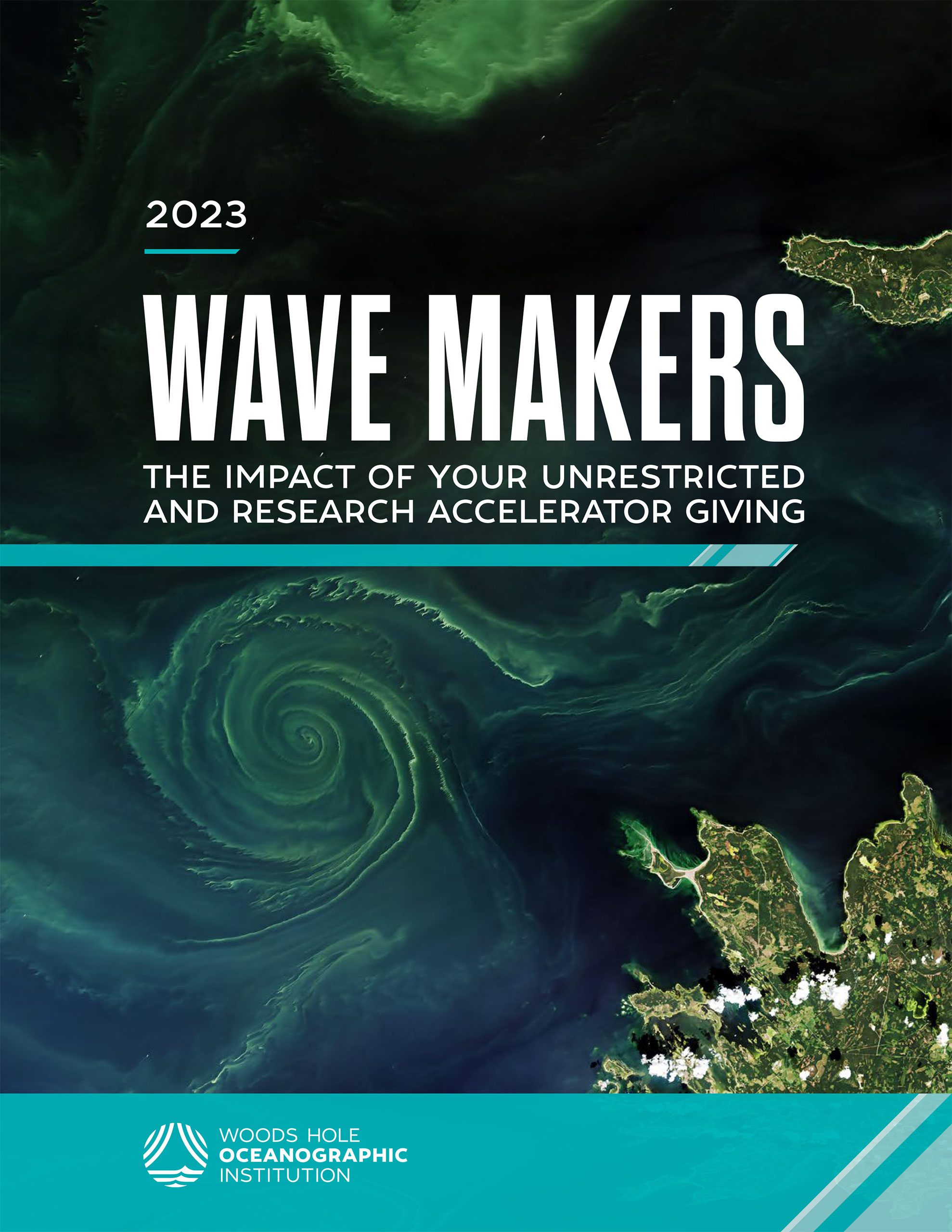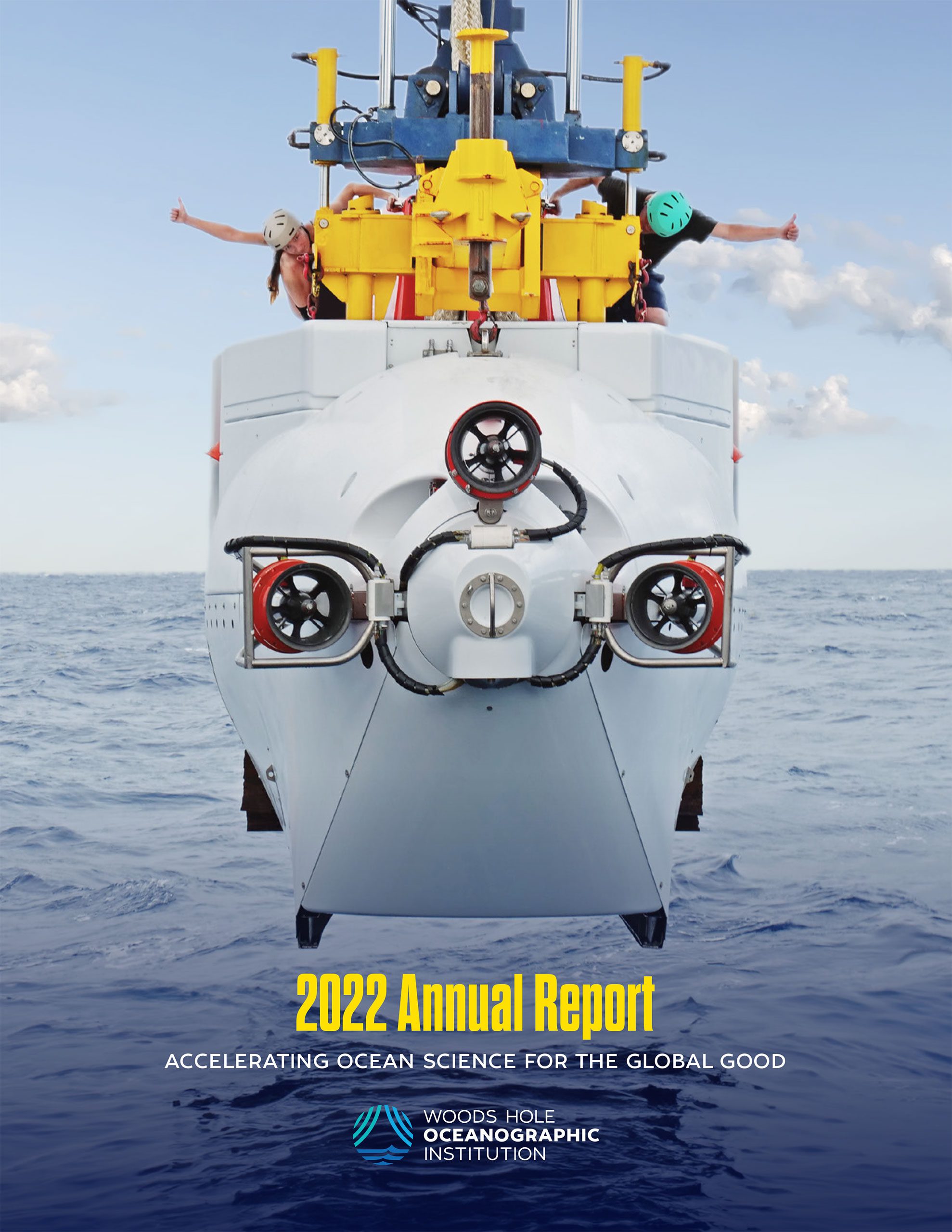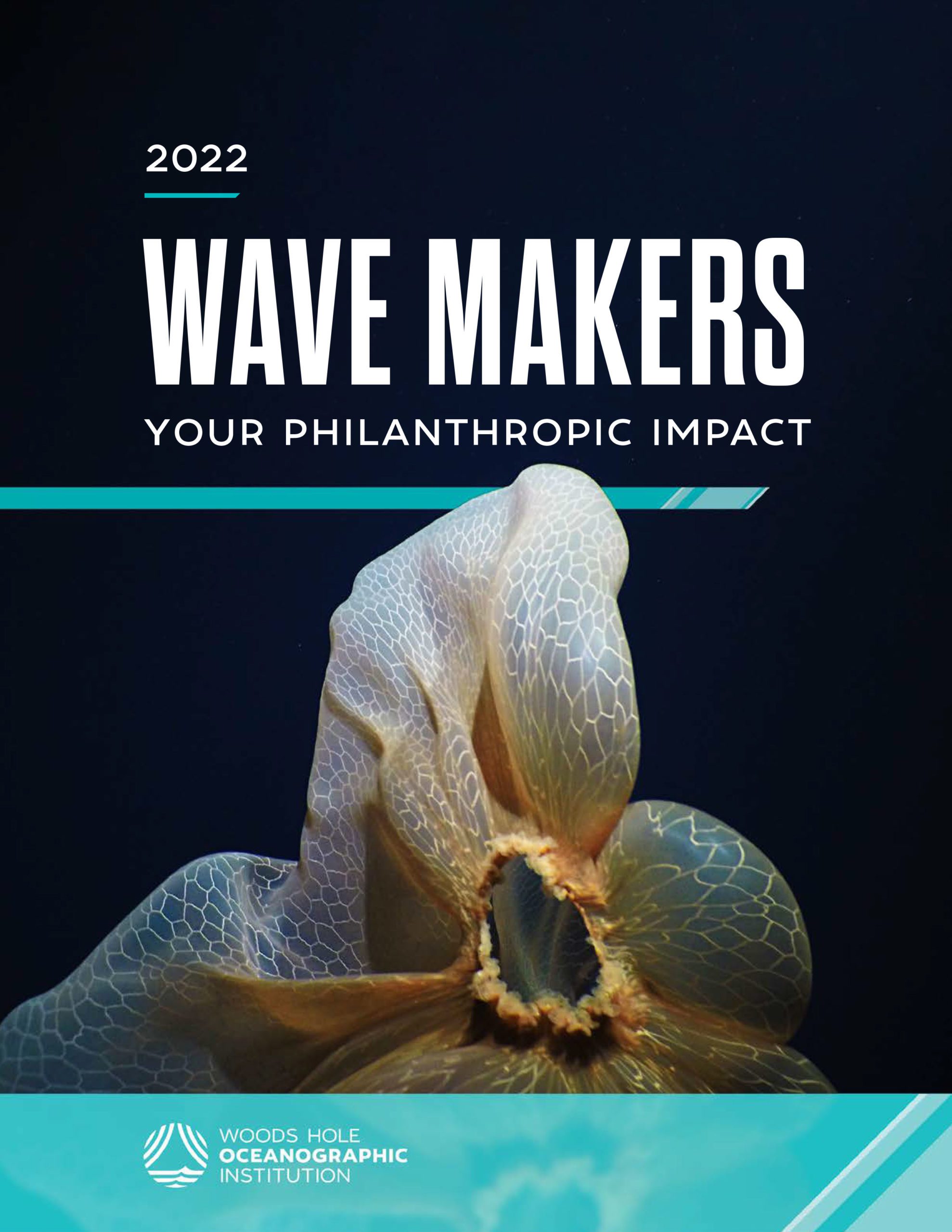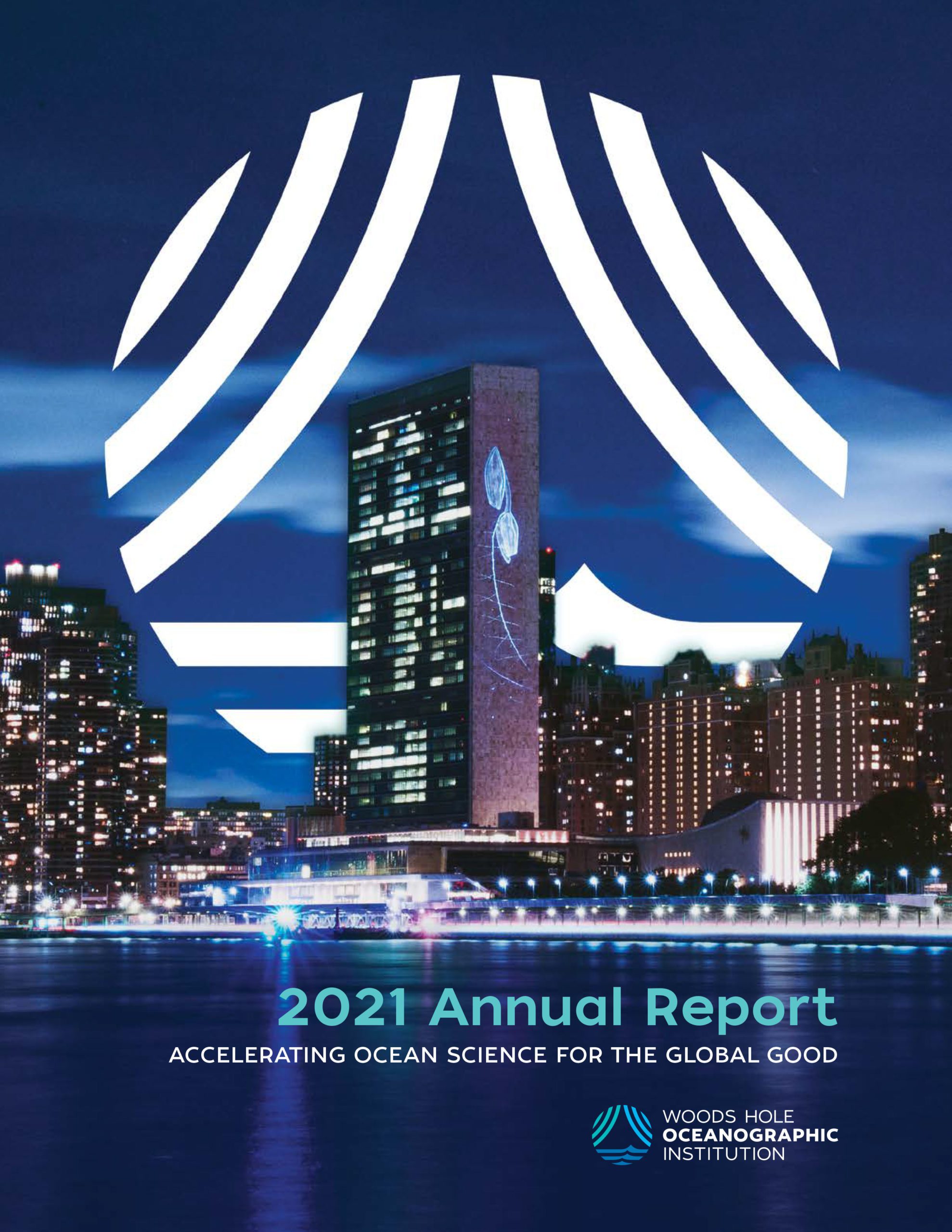Impact
Impact
Get inspired to make yours.
Impact Stories
WHOI supporters are invested in ocean science that benefits us all.
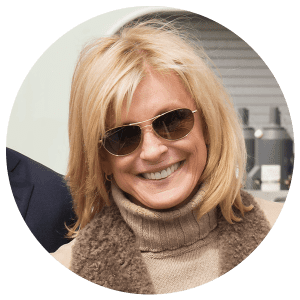
Carol Armstrong
WHOI Corporation Member and widow of Astronaut Neil Armstrong
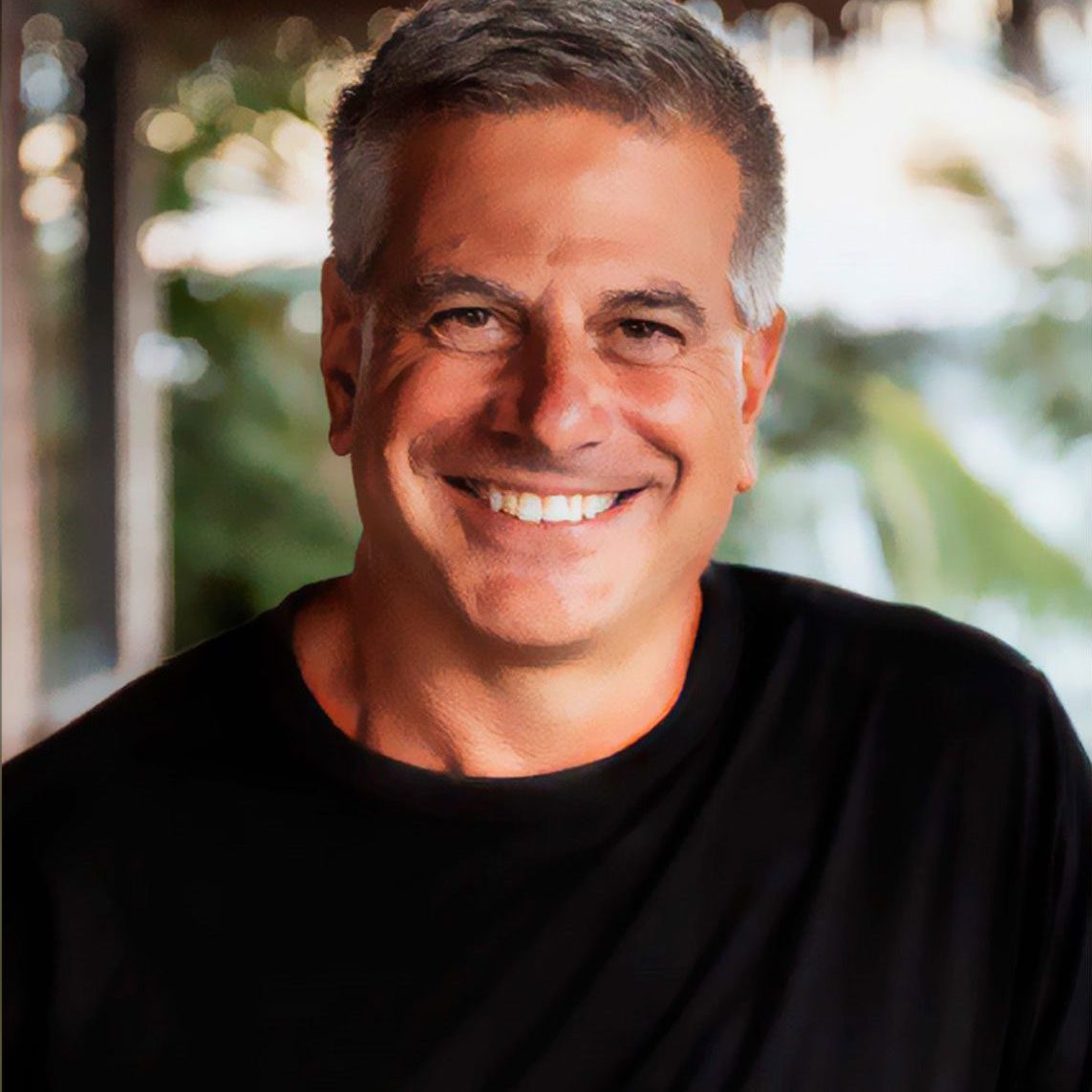
Paul Salem
Chair, WHOI Board of Trustees
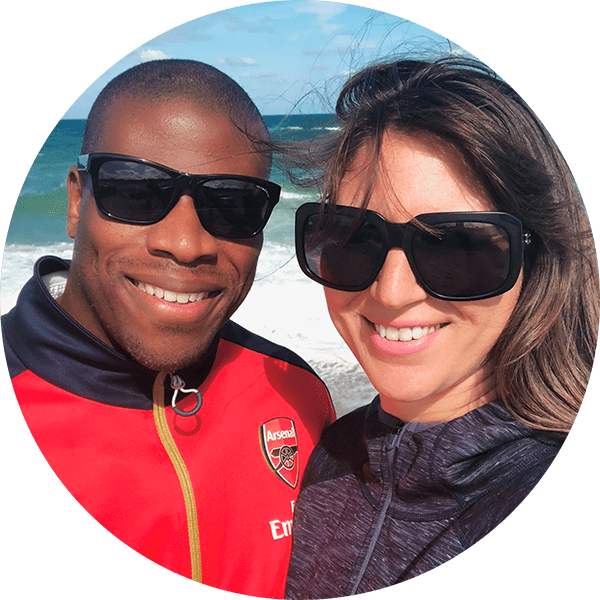
Ron McCormack
WHOI Annual Fund supporter and Corporation Member
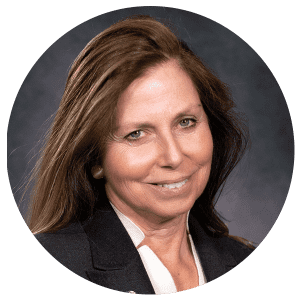
Anya Salama
WHOI Corporation Member and Fye Society Member
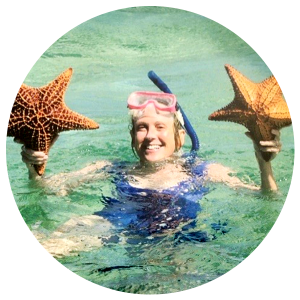
Elizabeth Leatherman
WHOI supporter and ambassador
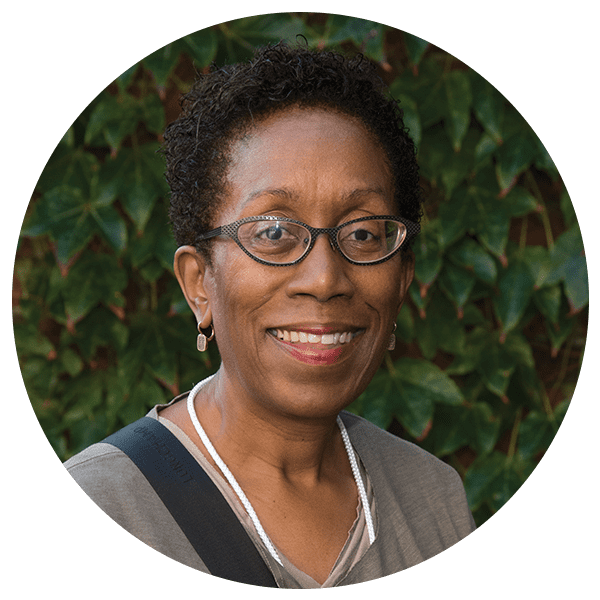
Robin Powell Mandjes
WHOI Trustee

Mary Jo and John Heyl
WHOI Annual Fund supporters who have created a bequest
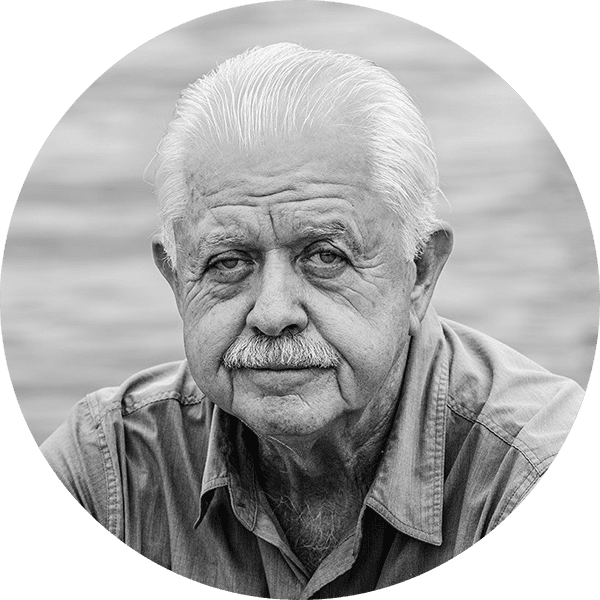
Jamie Austin
Oceanographic Geologist, Trustee, Joint Program Graduate
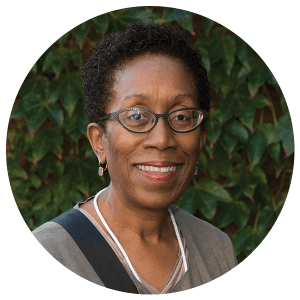 |
Robin Powell Mandjes
|
Robin Powell Mandjes and her husband Lucas spend time in the summer on Martha's Vineyard just off of Woods Hole, Mass. But, for years, they barely noticed that they were passing by Woods Hole Oceanographic on their way to catch the ferry. Once Robin learned about WHOI and its reputation as a world-class ocean research organization, she decided to get involved. These days, Robin is a devoted Trustee who is also an ambassador, fundraiser, and annual fund supporter.
 |
Jamie Austin
|
Jamie Austin grew up with Woods Hole Oceanographic Institution in his sights.
During summers at his family's home on Martha's Vineyard, Woods Hole was a popular sailing destination. On occasion, WHOI scientists would come over to test instruments on the front lawn, delighting the young rock collector with stories of research at sea. When his father, James, was invited to join the inaugural voyage of WHOI's former research vessel Knorr, it sparked Austin's nearly 50-year relationship with the Institution.
"To me, there was nothing more romantic than sailing and doing oceanography," Austin says over coffee at Martha's Vineyard's iconic Black Dog Tavern. "Both those things led me to Woods Hole."
Austin first came to campus in 1973 as a doctoral student in the MIT-WHOI Joint Program, graduating in 1979. Though he spent his academic career as a geophysicist at the University of Texas at Austin, he returned as chief scientist on a number of WHOI-operated research cruises. In 1998, Austin became a WHOI Member of Corporation, and since 2007 he has served as a Trustee. He takes his role seriously, meeting with individual scientists whenever he's in town-and is known to buy rounds at a local bar for anyone affiliated with the Institution. In addition to this personal touch, Austin is dedicated to ensuring WHOI's long-term financial sustainability. That's why, in June 2022, he increased the value of his endowed fund to $5 million, providing unrestricted support for WHOI's strategic goals.
"I trust Peter de Menocal's leadership, so that's why I gave this money unrestricted," Austin says. "Estate giving makes you feel like you're moving the needle. Everyone who can do it, should."
Austin has plenty of ideas of how he'd like to move the needle-investment in housing for scientific and technical staff, for starters-but says he believes WHOI's big-picture initiatives deserve all the support they can get.
"Every time I make a gift, I think how it's my whole family's legacy behind it," Austin says. "My father said, before he died, 'do good things with it.' This gift is continuity for my family."
As an oceanographic geologist, Austin dedicated his career to studying how global sea-level change impacts continental margins. He came into the profession just as the theory of tectonic plates and continental drift was becoming accepted fact, and nuclear war and radioactive waste were the biggest crises facing the planet. Now, Austin says, "it's all hands on deck" to tackle the climate crisis-and the ocean's role in mitigating its impacts. The decisions we make now, he says, will be judged by history.
In honor of his long-standing service and generosity, WHOI plans to name the James A. Austin, Jr. Seafloor Samples Lab in the McLean building on Quissett Campus.
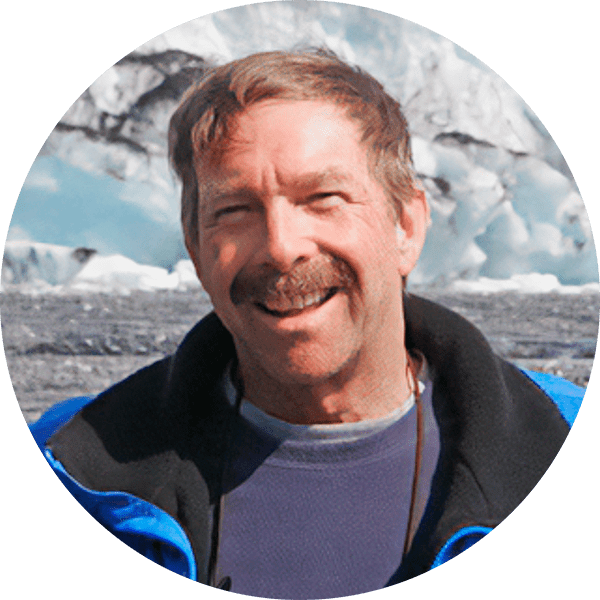 |
Francis E. Fowler IV,
|
Gift launches new WHOI center for ocean and climate research
Francis Fowler has loved the ocean since the first time he saw it, at age 5, in La Jolla, California. "I was so excited," he said. "I'd never seen anything so beautiful, and from that day on I wanted to learn as much about it as I could." Since then, Fowler, a businessman and entrepreneur, has spent as much time as possible in and around the water, swimming, boating, fishing, water skiing, scuba diving, flying seaplanes, and sailing his 85-foot custom ketch around the world.
And now he has given a lasting gift to the seas that have given him so much throughout his life. After an initial donation of $3 million for the immediate establishment of the Francis E. Fowler IV Center for Ocean and Climate at WHOI, Fowler has bequeathed his entire $25 million estate to running the center in perpetuity. "If we want to turn climate change around, we need to look at the ocean," he said. "It covers more than 70 percent of the Earth's surface, and it's our planetary life-support system. If we don't understand and take care of it, the future of our planet could be compromised."
The center will focus on exploring ocean-based solutions to climate change and will engage policymakers and the public through collaborative, multidisciplinary efforts to conserve coastlines, reduce the footprint of fishing and aquaculture, lower barriers to ocean-based renewable energy, and more. The world's oceans have the potential to provide as much as a fifth of the cuts in greenhouse gas emissions needed to keep the global temperature rise below 1.5 degrees Celsius, but to do that, said Fowler, "It is imperative that we act now."
Peter de Menocal, WHOI's president and director, called Fowler's gift "extraordinary."
"This center will propel critical work that is needed to understand and elucidate the interplay between climate, ocean, and society," de Menocal said. "And it will further cement WHOI's position as a leader in climate research at a time when the world urgently needs scientific leadership in this area."
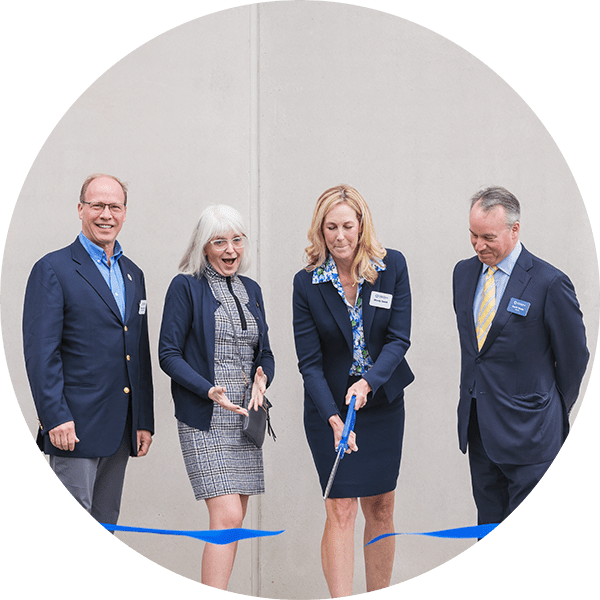 |
George and Wendy David
|
David Center for Ocean Innovation promotes ocean health and climate resilience
This year saw the opening of the George and Wendy David Center for Ocean Innovation, a first-of-its-kind collaboration hub occupying the newest building on WHOI's Quissett campus. The center represents a signficiant investment in advancing WHOI's capabilities in ocean technology, fundamental and applied ocean science, and innovation to address societal problems. The center is named for George David, the former chairman and CEO of United Technologies Corporation, a Connecticut-based multinational conglomerate, and his wife, Wendy David. The Davids are committed to developing the facility and advancing communications and education programs for future leaders in ocean science and technology.
The 54,000-square-foot facility is intended to bring ideas into action at a pace commensurate with global problems affecting the ocean, including plastic waste, environmental degradation, and climate change. The facility is also home to WHOI's AVAST (Autonomous Vehicles and Sensor Technologies) program, which fosters collaboration across disciplines and among global, state, and regional actors within industry, government agencies, and private philanthropies.
"The oceans are profoundly important to our planet's well-being and future," said George David. "We have not been kind to these oceans, especially in the last century, and technologies and innovations offer us opportunities to reduce the impacts and even turn them back. This center should lead the way. Wendy and I are delighted to be part of it."
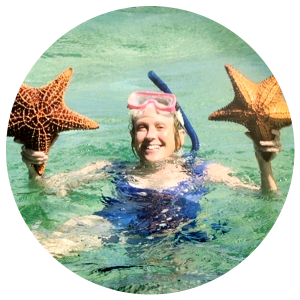 |
Elizabeth Leatherman,
|
Ocean Lover Elizabeth Leatherman is a star WHOI supporter and ambassador
Longtime WHOI supporter and devoted ambassador, Elizabeth Leatherman, has always loved and been engaged with the ocean. "I grew up on the water on boats and am a scuba diver and a lover of all sea creatures," she says. For several years, Elizabeth even worked part time at the New England Aquarium as a seal handler, assisted in the stranded pup program, and helped rehabilitate pilot whales to be released. "I first learned about WHOI many years ago from an intern at WHOI," says Elizabeth. "I went over to see the facility and was fascinated by the organization's research and development."
Years later, Elizabeth's brother, WHOI supporter and corporation member, Charles Willis, brought her to see WHOI again. "That's when I knew I wanted to be involved, to help spread the word to others about the important science being discovered," she says. "The research that WHOI does impacts all of us and our future on the planet. It is vital to share the information that WHOI gathers to educate us." Elizabeth says that over the years, she has been surprised at how many people are unaware of the fragility of the ocean's ecosystem and the importance of the relationship of the ocean to our planet.
"After organizing a variety of talks by WHOI scientists in different states, I am pleasantly surprised to hear people reconsidering their relationship with the ocean on a personal level," says Elizabeth. "I hope to keep sharing the importance of WHOI's work, in the most beneficial ways possible."
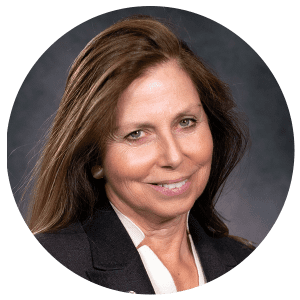 |
Anya Salama, WHOI Corporation Member and Fye Society Member"My family and I are proud to support WHOI's important work with a gift in our wills." |
An early journey to sea, a lasting legacy for WHOI Scientists
"As a college student, I participated in several expeditions on R/V Knorr and R/V Oceanus. I learned that the work WHOI does is critical to our understanding of our planet. Years later, my family and I are proud to support WHOI's important work with a gift in our wills."
 |
Mary Jo and John Heyl,
|
Helping Then, Now, and for the Future
Mary Jo and John Heyl welcomed the R/V Knorr on its arrival in Woods Hole back in 1977. At the time John served as WHO's Director of Development.
"Even then, people were talking about global warming," says Mary Jo. "This is the issue we think will have the greatest impact on our children and grandchildren, so we are acting now, by supporting WHOI on an annual basis. We have also created a bequest that we hope will have an even greater impact down the road." You can help, too.
Please Make your annual gift to WHOI before December 31 to ensure that WHOI scientists continue to tackle some of the most challenging and important problems of our time, from climate change to plastic waste to sustainable food and energy production. Or leave a powerful legacy in support of solutions-based ocean research for years to come.
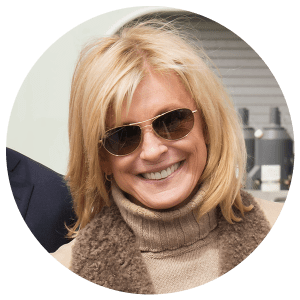 |
Carol Armstrong,
|
One Small Step
Carol Armstrong first learned about Woods Hole Oceanographic Institution when she was asked to serve as the sponsor of the new WHOI research vessel that would bear her husband's name.
What began with the smash of a champagne bottle and the gift of her husband's Congressional Medal of Freedom at the R/V Armstrong's dedication has grown into a much deeper connection to the ocean. As a member of WHOI's Corporation and longtime annual supporter, Carol took her own "one small step" for ocean science when she made a bequest to ensure future generations of scientists would have the resources necessary to explore this planet's vast oceans.
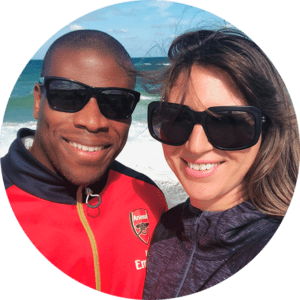 |
Ron McCormackWHOI Annual Fund supporter and Corporation Member |
Annual Fund provides assistance "wherever WHOI needs it"
For the past few years, New Jersey attorney Ron McCormick, his wife, Alexis van der Sterre, a lawyer, and their two children have been summering on Cape Cod. On one of their first trips to the Cape the family happened to tour WHOI’s facilities. “Prior to that I was unaware of the organization and the rich history behind it,” McCormick said. “I’ve had a long-standing concern about the state of the environment in general and of course the oceans were a big part of that. Once we toured the campus and I became aware of some of the funding issues, I wanted to do whatever small part I could to support the organization.”
That “small part” grew into an ongoing relationship between the McCormick-van der Sterres and the Institution that has resulted not only in several generous gifts to the Annual Fund but also in McCormick’s election this year as a member of the WHOI Corporation.
Growing up in Brooklyn, McCormick always had an interest in animals that later led him to a love of science and eventually an enthusiasm for gardening. “My research into soil conservation naturally extended to other things,” he said, “and for the past decade or so climate change is such a huge part of the public discourse that it’s impossible to not think about it. Conservation is not just one avenue.”
McCormick said he and van der Sterre give to the Annual Fund because it fills the gaps left by earmarked funding sources. “The money is used wherever WHOI needs it,” he said. He pointed out that exploration of outer space has overshadowed ocean science in recent years, creating an imbalance. “National support of NASA is huge, and while looking outward is a laudable goal, our understanding of what’s going on here on our planet is of paramount importance,” he said. “WHOI provides an opportunity to put my money where my mouth is in terms of supporting and caring about the world’s oceans, which is absolutely necessary at this time. I think everybody should be doing it.”
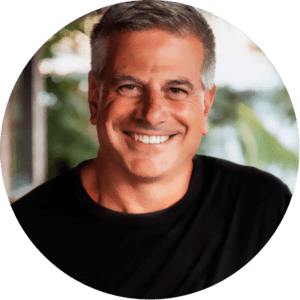 |
Paul SalemA new champion for ocean science and Chair, WHOI Board of Trustees "I drove through Woods Hole my whole life without ever knowing what they did here, but it’s a national treasure, and everyone should know what they do." |
Gift from WHOI’s board chair Paul Salem to jump start ocean-based climate solutions
By Tatiana Schlossberg
At this point, it’s almost a cliché to say that we know more about space than we know about the oceans. But like many clichés, it happens to be true. To Paul Salem, WHOI’s board chair as of January 2023, this suggests that perhaps we’ve been looking in the wrong direction. Not only is there so much to learn and to know about the ocean, but it’s a starry expanse unto itself.
About six months into his time as chair, Salem had the opportunity to dive in Alvin, WHOI’s famous human occupied submersible, and take a look around the watery universe beneath the waves.
Describing the experience of sinking towards the ocean floor, Salem said, “All of a sudden it gets black after 150 meters, and you see these alien lifeforms that look like they’re from Men in Black. When you get to the bottom, they turned a light on and all you see are starfish.”
“It was like going into space. We’re spending $48 billion to go to the moon, and just a tiny fraction of that on the ocean. But it’s on our planet and we can’t survive without it.”
Luckily, as board chair and the donor of a recent $25 million gift to WHOI, Salem is working to ensure that both the ocean and the rest of us survive on our planet.
After retiring from private equity, Salem spent the last few years learning about climate change and the oceans—particularly how the ocean might offer some solutions in the fight against human-induced climate change.
Salem’s gift will be used to help jump start climate solutions and projects. In particular, it will be used as “seed funding” for projects focused on environmental measurement reporting and verification (eMRV) and field trials for ocean-based carbon capture solutions, which could play an important role in helping to draw down carbon dioxide from atmosphere.
“It’s really important that we have the best, independent scientists figuring out if this really works, if it is safe. If it really works, then who is going to be the referee to take it to scale? Who is going to be the Switzerland?” he asked. WHOI won’t play the role of referee, but it could help write the rule book by providing the foundational scientific understanding and real-time measurement capabilities to demonstrate how carbon flows through the ocean and how human interventions might affect that flow.
“There are really great solutions here, we’ve just got to figure them out,” Salem said. “Why the US government isn’t throwing bazillions of dollars at this is beyond my belief, but people haven’t figured it out yet,” adding, “sometimes the easiest solutions are the simplest.”
Indeed, leveraging the power and genius inherent in the ocean is exactly the kind of simple but elegant work that scientists at WHOI are uniquely able to do, providing world-class research as well as leadership on exploring and protecting the ocean, without which, as Salem said, we can’t survive.
Why WHOI?
Our work helps ocean life, the climate, and humanity.

